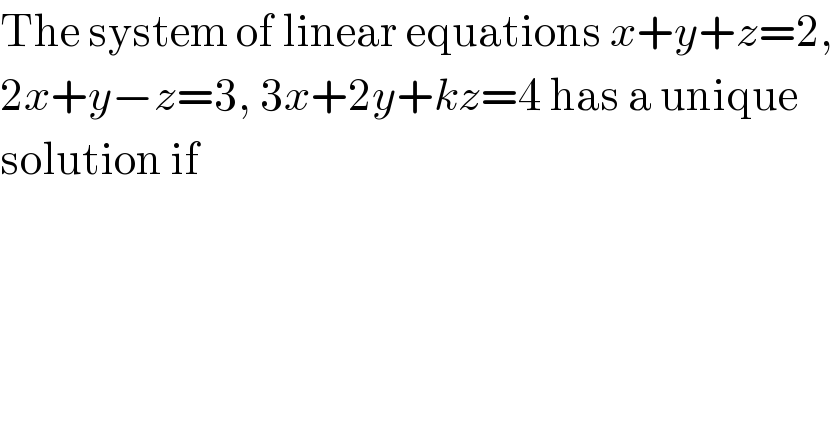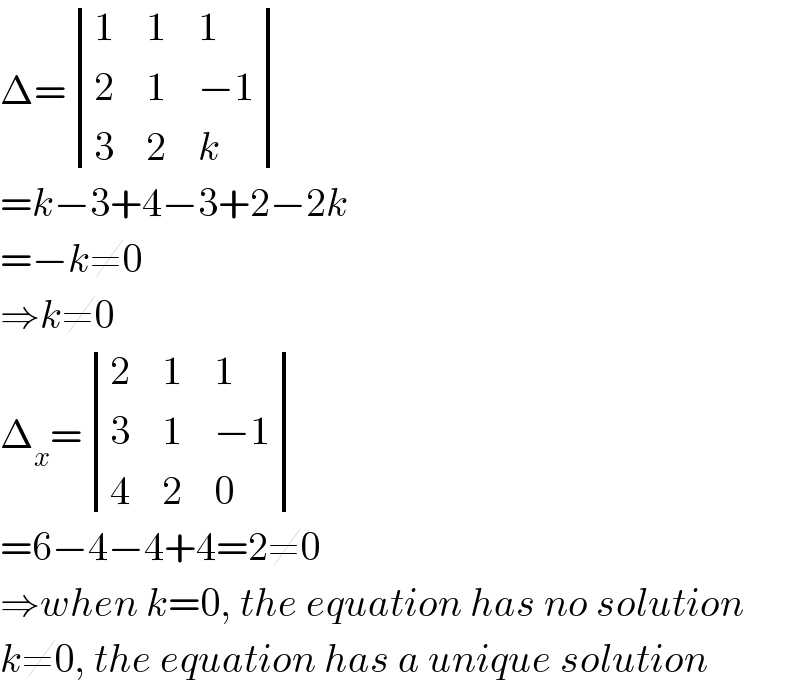
Question and Answers Forum
Question Number 81876 by zainal tanjung last updated on 16/Feb/20

Commented by Tony Lin last updated on 16/Feb/20

| ||
Question and Answers Forum | ||
Question Number 81876 by zainal tanjung last updated on 16/Feb/20 | ||
 | ||
Commented by Tony Lin last updated on 16/Feb/20 | ||
 | ||